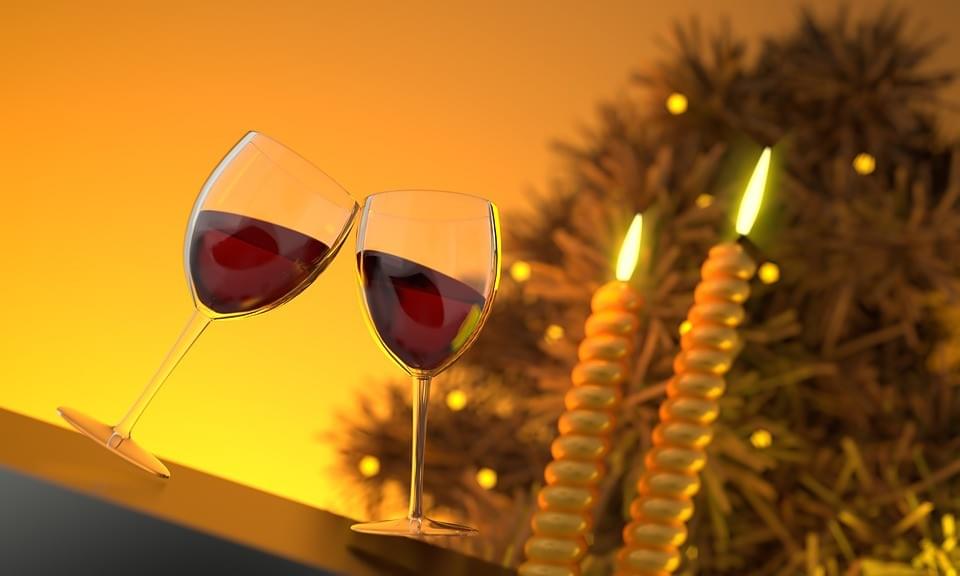
There are many guides to wine tasting that help you train your nose to recognize the most prominent scents and flavors of wines. Although thousands of aromas can be present in any glass of good wine, naming each one is not necessary to become a good wine taster. By learning to recognize these scents, you'll be able to identify more complex aromas and flavors. However, before you begin, you must know what to look for.Before tasting, open your mouth and take in air. Next, gently chew the wine. You can also spit it out into the bucket provided. While you're tasting, try to note what sensations are felt in your mouth and on your palate. Observe the taste, smell, and texture of the wine. Once you're done, you're ready to try new flavors and learn more about wine. When you know what to expect, you can begin the wine tasting missoula process with confidence. If you're not sure how to judge a wine's complexity, ask questions. A good wine should have complex flavors, from start to finish. If it lingers in your mouth for a long time, it means it's complex and full of flavor. As the saying goes, "the more you taste, the better!" As you drink, remember to plan ahead of time and buy a tasting bucket. While the staff at wineries are usually knowledgeable about the wines, it may be easier to ask them questions. Make a list beforehand so you'll have a list of questions in hand. Also, make sure to bring along some food and water, as the wines can be quite a strong influence on how to choose wine. For more information about wine tasting in general, check out Grape Adventures. During your spokane wine tasting, remember to take notes. Writing down notes about your experience can be incredibly helpful in the future. If you're not an expert, you might find it difficult to distinguish between the different flavors and aromas. If the atmosphere is too noisy, it can make it difficult to judge wines. Moreover, it can be difficult to distinguish flavors when you're surrounded by a group of people who can give you a more expert evaluation. The results of wine competitions have long been questioned, and the wine industry has taken notice. A recent study by Robert Hodgson shows that wine tasting results are not always consistent, and the quality of the wines judged is entirely subjective. The average person's score is only 10% accurate. In a wine competition, a single judge's score can mean thousands of dollars in extra sales. A gold medal can also mean millions of dollars for a winery. The right technique is essential for a successful wine tasting. For example, holding the wine glass properly can enhance the experience. Moreover, warm hands can change the taste of a wine, so avoid rubbing them over the glass with your fingers. Another important tip for the wine tasting is to swirl the glass to allow the wine to breathe. This will improve its flavor. However, there's a lot more to tasting wine than your mouth. In fact, a significant portion of your taste comes from your olfactory receptors. Education is a never ending process, so continue reading here: https://www.encyclopedia.com/humanities/encyclopedias-almanacs-transcripts-and-maps/wine-tasting.